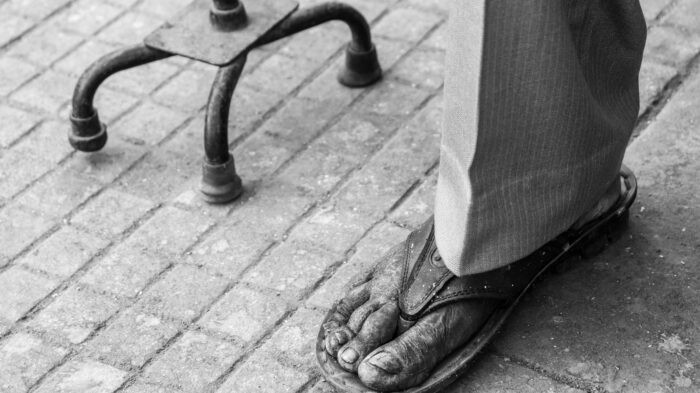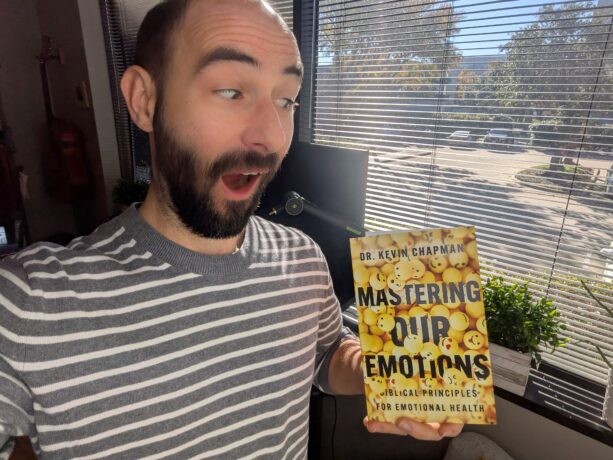
You heard me. Yes, practice Failure. Not just “accept your mistakes” when they happen. It’s a technique in exposure to social anxiety, perfectionism, scrupulosity, and more. It’s genius if you ask me.
The Brilliant Rationale
The rationale and purpose of practicing failure is to develop more flexibility and to lean in when it’s “game-time.”
Hunter* worked with one therapist on acceptance statements and Cognitive Restructuring (CR), which did help him be more realistic with himself as to his fears of making mistakes (he would avoid careers, pursuing friendships and romantic relationships, and more if he didn’t feel he couldn’t do it “just right”). However, because his thoughts were obsessional and ego-dystonic (against his wishes), he needed to stop ruminating and just talking about his obsessions and begin to change his behavior around them.
The best therapy practices will personally target what the client needs to overcome their fears and problems. Cognitive Behavioral Therapy and Exposure Therapy gives the framework to face and test fears experientially. Frankly, most people who start counseling with me have already tried to reason or look at what’s realistic. Though this is an important part of what we do, clients come to me often because they need one more step– they need behavioral experiences to change how they approach life.
Examples of “failure exposures”:
- Intentionally bring up something you know you will experience rejection in. For example, share a conservative/liberal perspective with someone you know doesn’t hold that view and that you can’t defend the point with (like “Mock Trial” in high school).
- Ask someone at a store or restaurant for an item you know they don’t sell.
- Ask an attractive person to coffee that you know will likely reject you.
- Leave some tasks incomplete when you’re close to finishing.
- Leave one dirty dish in the sink when you’ve cleaned up.
- When getting dressed leave one thing “off” from “perfection,” (such as wearing a color you don’t like as much or tying one shoe a little tighter than the other.
- Walk into your grocery store and offer them a low, low price for an item.
You’re Out Of Your Mind
I understand the argument against exposure, saying, “That’s crazy! Intentionally failing will cause you to fail! It’s okay to fail if you try to get it right, but you’re mad for seeking failure!” But I offer a counterpoint: isn’t it truly seeking success when practicing failure is with the intent to succeed at overcoming bigger fears that detour your goals even more?
Just for clarification, I never encourage people to fail or ruin something that would have detrimental effects on their overall goals and values. That’s not exposure or this exercise. The point is to systematically break down all the problem-based ways that inflexibility, fear, and intolerance of uncertainty get in the way of effective living.
Lived Experience
One example for me in practicing failure is intentionally leaving tasks around the house incomplete while having two kids I need to attend to. It’s only a matter of time as an involved parent before I’ll get distracted or thrown off with a diaper change, crying, a cut, or a question by an inquisitive mind. So instead of just saying to myself, “That’s okay, I accept I can’t do this perfectly and you’re being present with your family” (a great statement to say, by the way), I am behaviorally practicing “it’s okay” by stuff like learning to skim our pool only partially and then walking away or writing an article and leave it unfinished when I want to keep going.
Go Get It!
Go have “fun” messing something up today where you want to learn to be flexible.








Leave a Reply